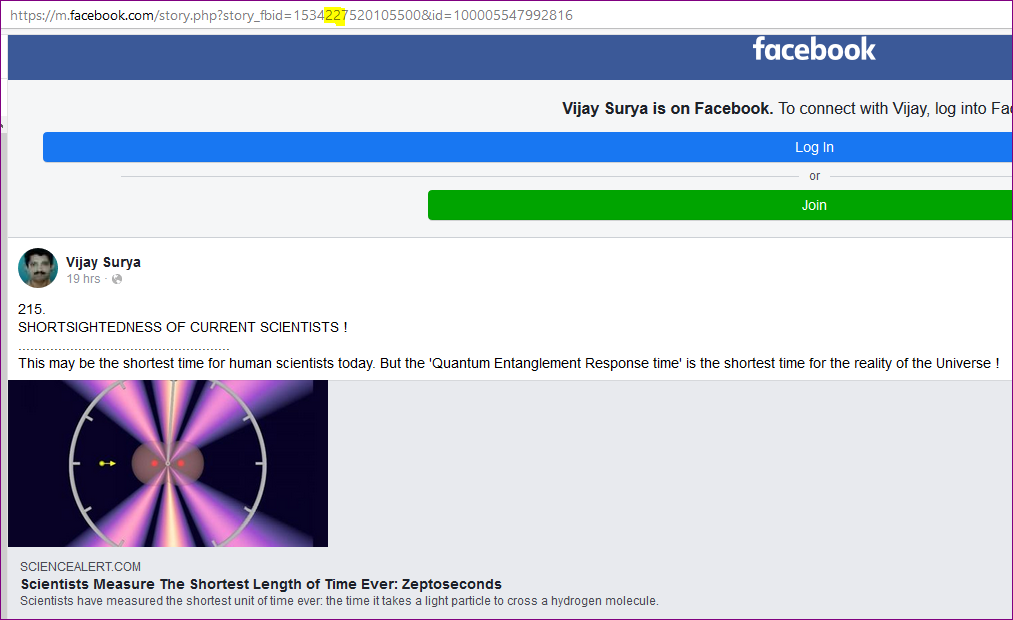Scientists have measured the shortest unit of time ever, the time it takes for a particle of light to cross a hydrogen molecule.
Meet the zeptosecond, the shortest unit of time ever measured : Read more
Meet the zeptosecond, the shortest unit of time ever measured : Read more


